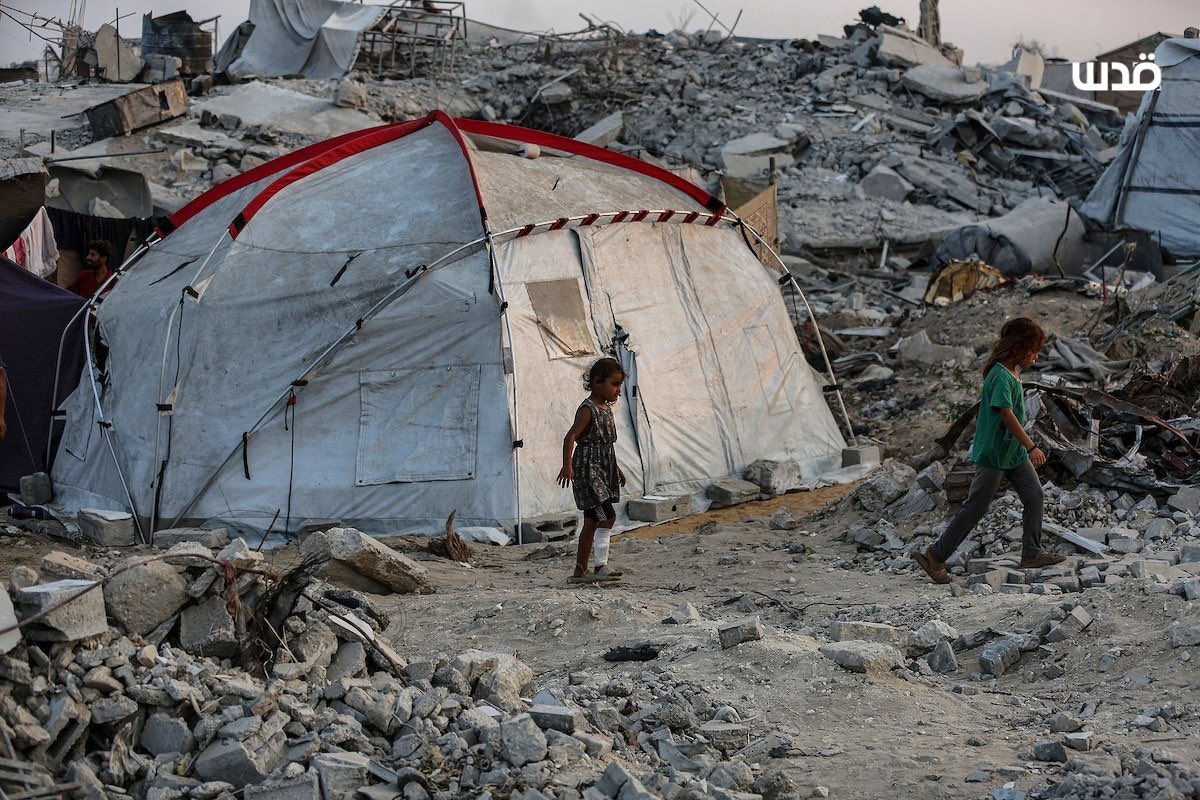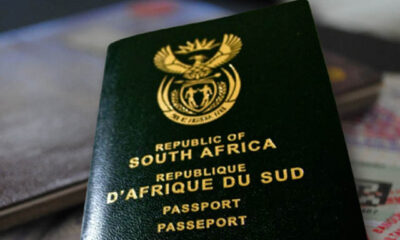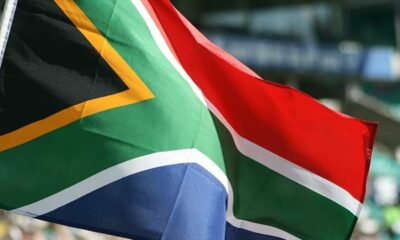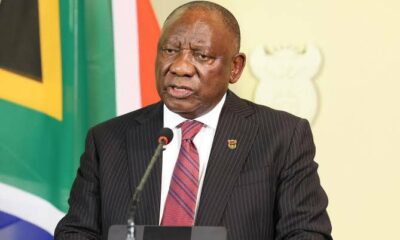News
Should Israeli Academics Condemn Genocide in Palestine? South African Health Workers Say Yes

Should Israeli Academics Condemn Genocide in Palestine? South African Health Workers Say Yes
The tension between academic freedom and moral responsibility took center stage in Cape Town this past weekend when Health Care Workers for Palestine–South Africa (HCW4P-SA) challenged the inclusion of an Israeli academic at the 7th Global Mental Health Summit, held at Cape Town City Hall from November 10 to 12.
What began as a professional gathering for global mental health experts quickly became a flashpoint for one of the world’s most pressing moral debates: Can academics remain neutral when their governments are accused of genocide?
The Speaker Who Sparked Controversy
The summit’s programme originally listed Dr. Galia Moran, a social work academic from Ben-Gurion University of the Negev, to deliver a talk on “Multicultural perspectives and experiences of peer support workers providing peer support in mental health services.”
But before she could take the stage, her presentation was withdrawn following objections from HCW4P-SA, who called her inclusion “inappropriate” given what they described as the “ongoing genocide” in Gaza and Israel’s “brutal apartheid policies” against Palestinians in Gaza and the West Bank.
The group argued that it was unethical to allow representatives of Israeli institutions to speak at a time when “Gaza’s mental health system lies in ruins and Palestinians endure unspeakable trauma.”
Academic Freedom vs. Moral Accountability
In a strongly worded statement, HCW4P-SA said it had asked summit organisers to request that Dr. Moran publicly condemn Israel’s actions in Gaza and acknowledge the mental health catastrophe unfolding there.
However, organisers reportedly declined, arguing that it would be “neither their duty nor just to force speakers to denounce their own country’s actions.”
Dr. Moran also refused to issue a statement condemning Israel’s conduct and subsequently withdrew her participation.
For HCW4P-SA, that refusal was telling. “Israeli universities are part of the state apparatus,” the group said, “supporting the military establishment and enabling the systematic denial of Palestinian rights.”
Echoes of Apartheid-Era Boycotts
The call for accountability from HCW4P-SA resonates deeply in South Africa, where memories of the international cultural and academic boycott during apartheid remain vivid.
The organisation explicitly drew parallels between that era and today’s Boycott, Divestment and Sanctions (BDS) movement, a global campaign urging institutions to cut ties with Israel over its treatment of Palestinians.
“Such a request is not a violation of academic freedom,” HCW4P-SA said. “It’s a call for justice and humanity, just as the world once stood in solidarity with South Africans under apartheid.”
A Country with a Moral Compass
South Africa has become one of the most vocal nations condemning Israel’s actions in Gaza, even taking the unprecedented step of filing a genocide case against Israel at the International Court of Justice (ICJ) in The Hague.
This broader political context gives the HCW4P-SA protest extra weight. In many ways, the incident reflects how South Africa’s historic struggle for liberation continues to shape its moral and political lens.
For many South Africans, especially within activist and academic circles, neutrality on human rights issues is seen as complicity.
Divided Reactions and Difficult Questions
The episode sparked heated debate online. On South African social media, some users praised HCW4P-SA for taking a principled stand, saying, “Silence is not neutrality when lives are being destroyed.” Others, however, argued that excluding speakers based on nationality risks eroding academic discourse and stifling dialogue, even among those who might privately disagree with their governments.
But for HCW4P-SA, the issue isn’t about silencing anyone. It’s about ethical consistency: if mental health professionals advocate for trauma recovery and social justice, can they ignore the psychological toll of war and occupation on Palestinians?
The Conversation Isn’t Over
While Dr. Moran’s withdrawal diffused immediate tensions, it also left a larger question hanging over the summit and academia more broadly: What does moral integrity look like in times of genocide?
For South Africa, a nation built on the triumph of justice over oppression, the answer may lie not in avoiding discomfort, but in confronting it, head-on.
{Source: IOL}
Follow Joburg ETC on Facebook, Twitter , TikTok and Instagram
For more News in Johannesburg, visit joburgetc.com



























